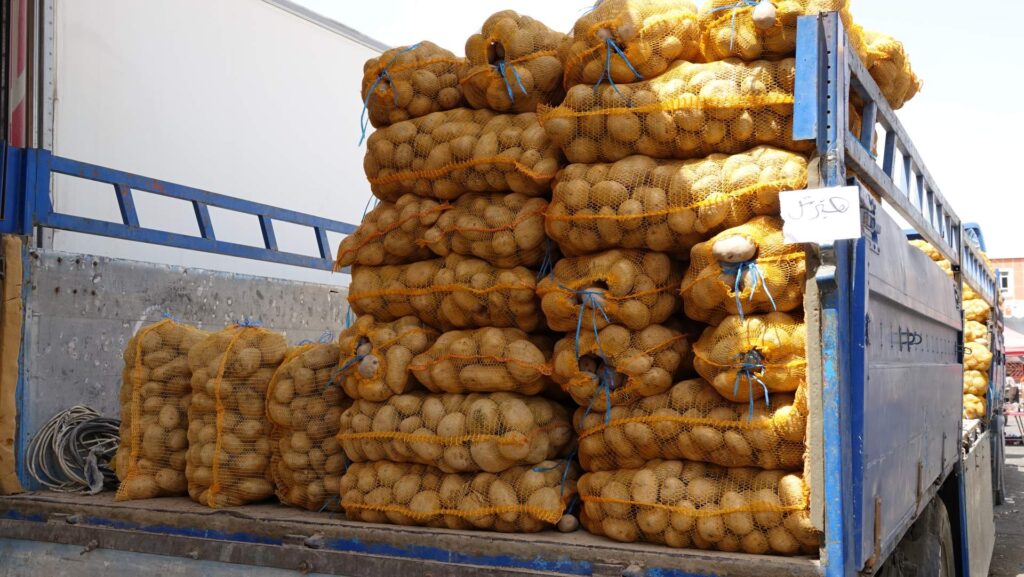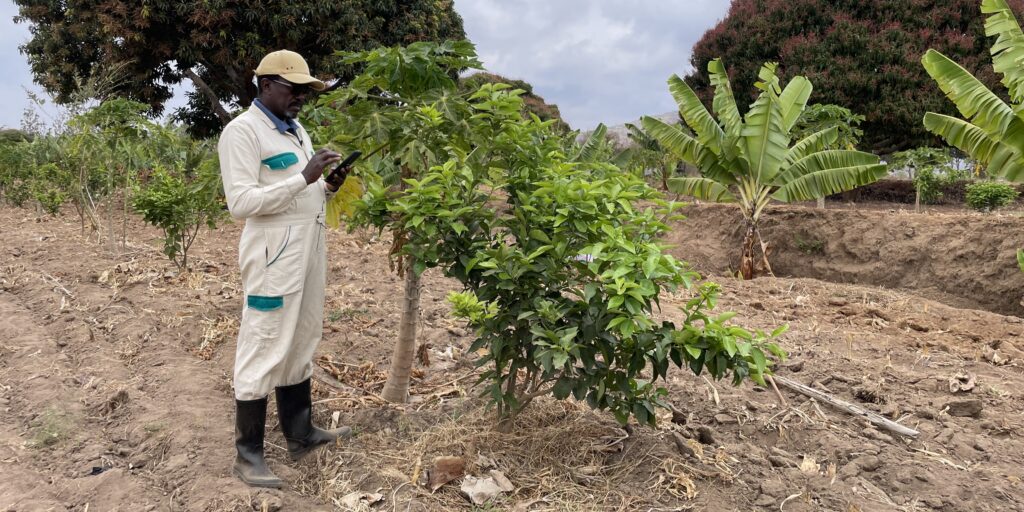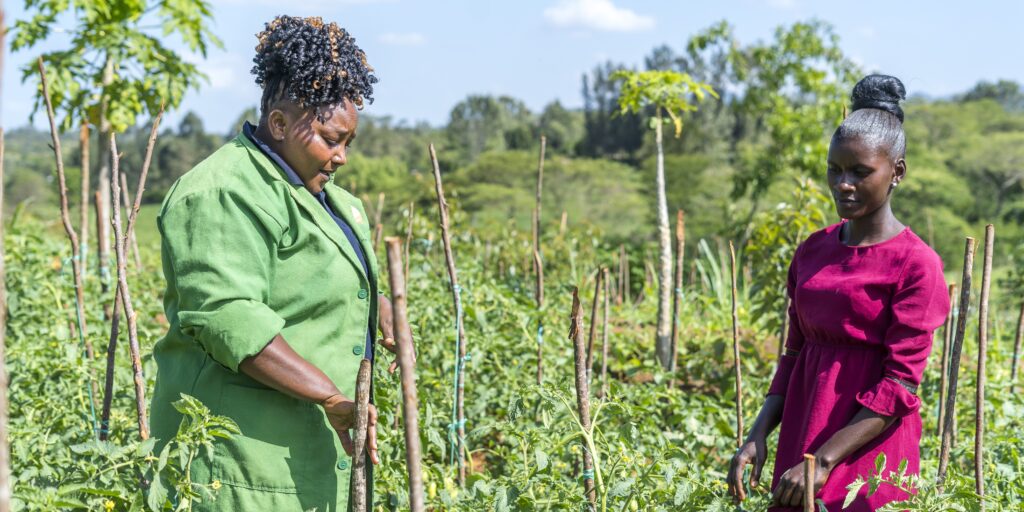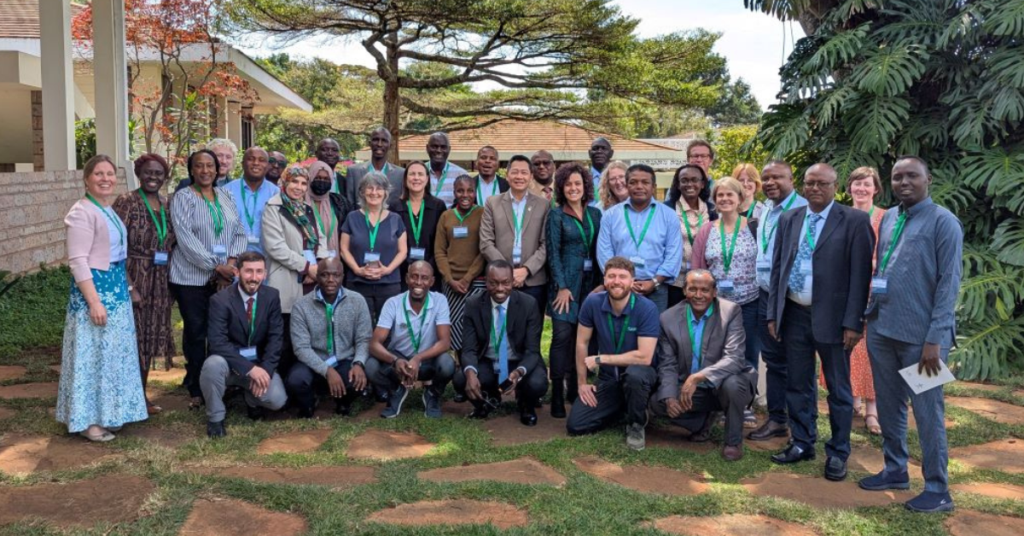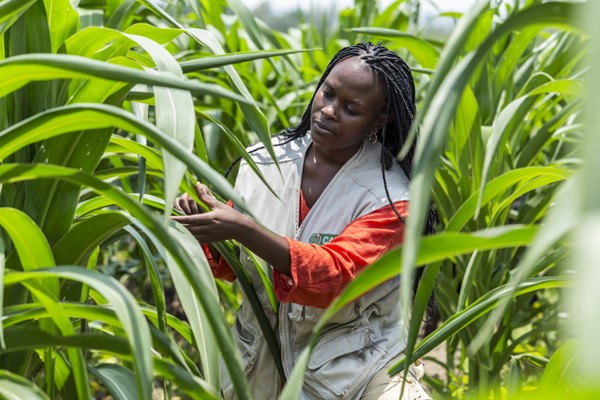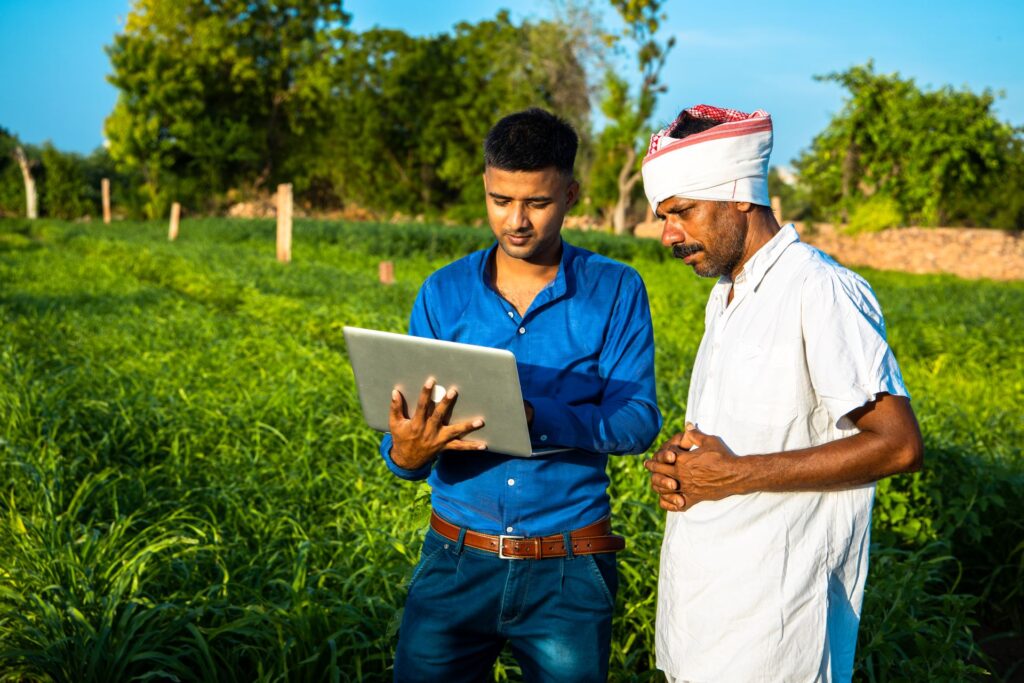CABI Blog
You are here: CABI Blog
Strengthening the potato value chain in the Kurdistan Region of Iraq
June 3, 2025
Anna Wood
No Comments
On 30th May, we marked the International Day of Potato. In this blog, CABI’s Crop Health Advisor Anna Wood provides an update on a five-year project led by CABI to strengthen the potato value chain in the Kurdistan Region of Iraq. An ambitious five-year project led by CABI to strengthen the potato value chain in…
Making data work better in agriculture with FAIR principles
May 27, 2025
Toby Penrhys-Evans
No Comments
CABI’s ‘Enabling FAIR data sharing and responsible data use’ project, funded by the Gates Foundation, is helping transform agricultural development by promoting FAIR data in agriculture. The project empowers stakeholders with tools and capacity to improve data sharing and digital innovation.
Joint efforts towards strengthening harmonization in the pesticide regulatory landscape of the Philippines
May 23, 2025
Sabyan Faris Honey, Saqib Ali
No Comments
CABI together with the United States Department of Agriculture (USDA) and the Fertilizer and Pesticide Authority (FPA) of the Philippines have produced working manuals to help strengthen harmonization of the pesticide landscape in the Philippines. The manuals include guidelines that ensure consistency in reviewing pesticide registration on globally accepted practices based on bio-efficacy and residue…
Biodiversity loss: How can we reclaim our landscapes from threats to biodiversity?
May 22, 2025
Hariet Hinz
1 comment
On 22nd May, we mark the International Day for Biological Diversity. In this article, CABI’s Global Director for Invasive Species Dr Hariet Hinz looks at how we can reclaim our landscapes from threats to biodiversity. Biodiversity loss is proceeding at an unprecedented pace. It jeopardizes the stability of natural ecosystems and increases vulnerability to climate…
Equipping decision-makers with evidence to tackle global crop loss
May 21, 2025
Toby Penrhys-Evans
No Comments
Every year, up 40% of crops are lost globally before they are even harvested. This loss, estimated by the Food and Agriculture Organization (FAO), undermines food security, farmer livelihoods and economic stability. However, the problem is poorly understood, preventing effective action to reduce losses. Crop productivity is increasingly at risk from pests, plant diseases, and…
Forging a new approach to agriculture research from a gender lens
April 16, 2025
Monique Tsang
No Comments
While working with women farmers across Africa for the past 17 years, Dr Lora Forsythe, lead of the Gender and Social Difference research group at the Natural Resources Institute, University of Greenwich in the United Kingdom, heard a common refrain “Many different women in diverse contexts told me they struggled with poor soil,” Dr Forsythe…
Identifying future One Health research needs to benefit people, animals, plants and environment
April 8, 2025
Monique Tsang
No Comments
Participants from more than 48 countries have gathered in a series of workshops to discuss future One Health research priorities to inform research that will benefit people, animals, plants and the environment. One Health is a multi-sectoral approach aimed to optimize the health of humans, livestock, plants, and the ecosystems they share. “The interdependencies between these…
Advancing evidence-based research: Juno Evidence Alliance
January 31, 2025
Monique Tsang
No Comments
As the world continues to face ever increasing climate-induced food security risks, it is timely to look at how scientific research is being advanced to help enhance agricultural output. One area of advancement is in the production of better evidence. The Juno Evidence Alliance is a global platform that empowers decisionmakers with robust and reliable…
Six steps to implementing FAIR and responsible data practices
January 17, 2025
Boma Beddie-Memberr
No Comments
The FAIR Process Framework was developed by CABI and commissioned by the Gates Foundation to guide organizations toward effective data management. Boma Beddie-Memberr, Project Manager, Data Policy & Practice at CABI, outlines the six steps to implementing FAIR and responsible data. The FAIR Process Framework is a structured six-step approach designed to promote the adoption…
Unpacking FAIR’s jargon: The Indian example
October 16, 2024
Ameen Jauhar
No Comments
Ameen Jauhar, Data Governance Lead in CABI’s Digital Development team, examines the importance of the FAIR (Findable, Accessible, Interoperable, and Reusable) data principles. Drawing from his experience in data governance and policy, including his work in the data and AI policy sector in India, Ameen explores nuances between global and local data governance jargon and…
Subscribe to blog
DISCLAIMER
Views expressed in contributions do not necessarily reflect official CABI positions.
Archives
Categories
- Agriculture and International Development
- Veterinary and Animal Sciences
- Climate change and biodiversity
- Publishing
- Value chains and trade
- Crop health
- Environmental Sciences
- Human Sciences
- Tourism, Hospitality and Leisure
- Food and nutrition security
- Plant Sciences
- Gender and youth
- Digital development
- Development communication and extension
- Economic development
- Invasive species
- CABI Bioservices
- One Health

